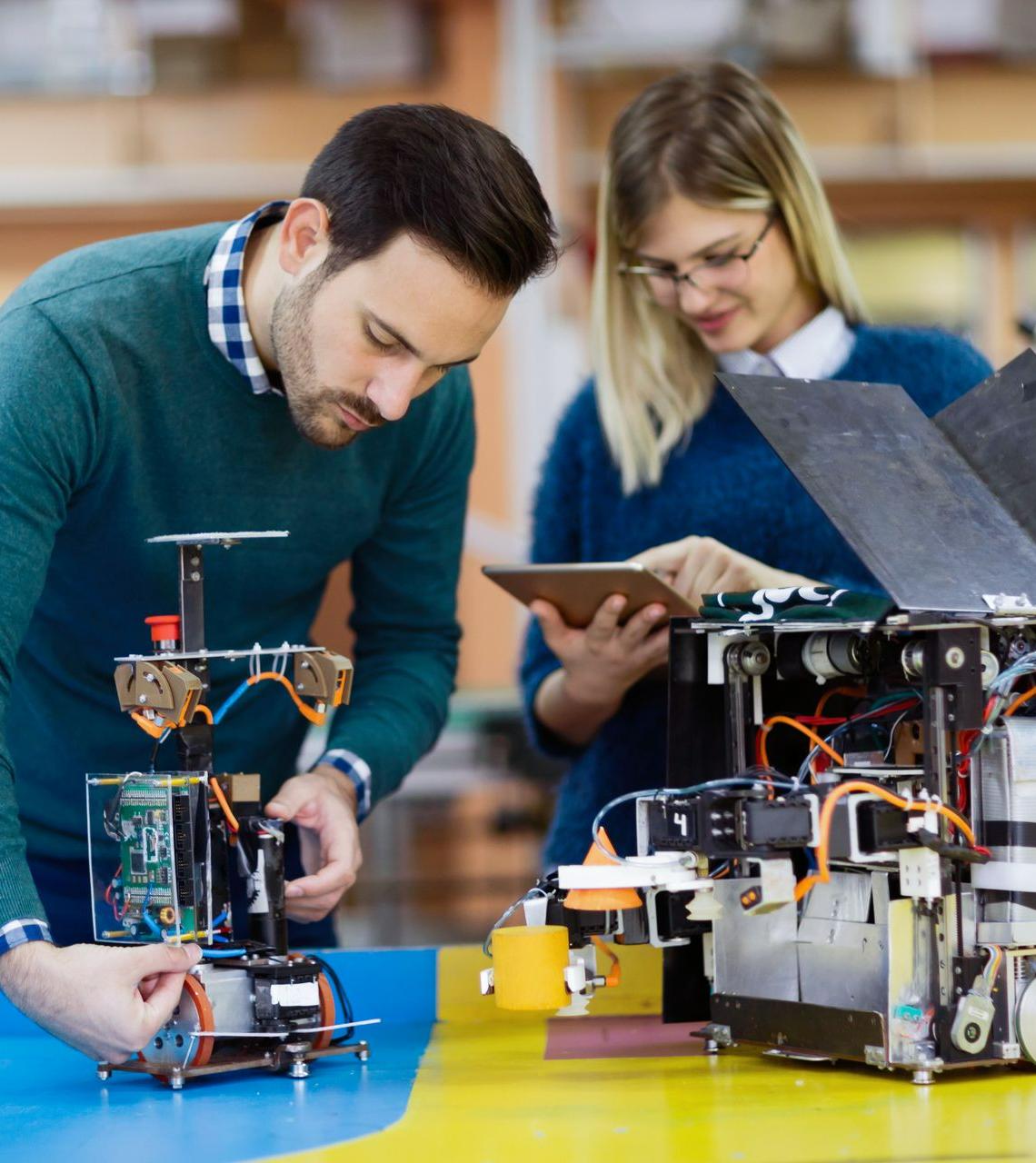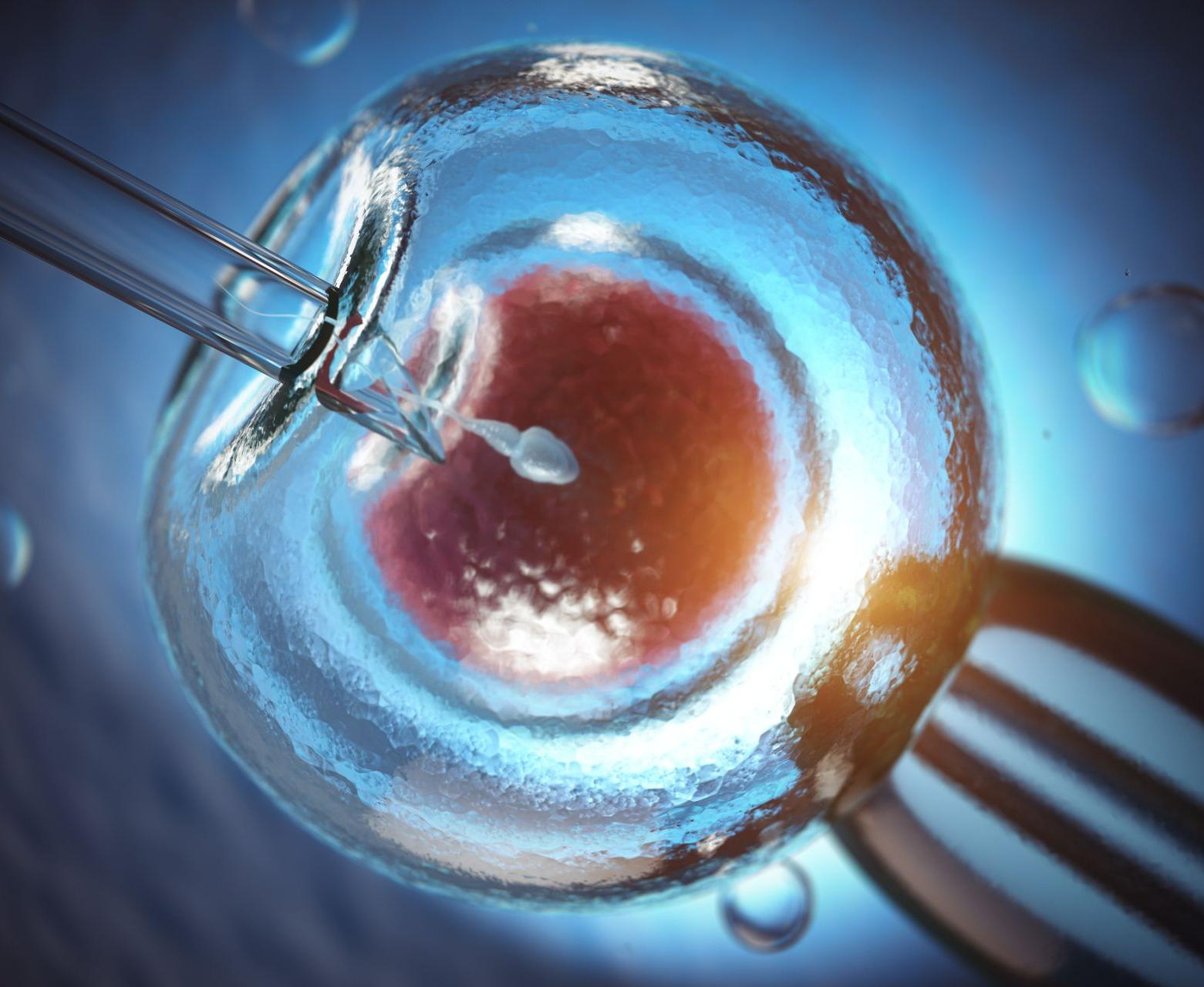In-vitro fertilization (IVF), one of the most revolutionary breakthroughs in reproductive technology continues to expand since the past four decades. Experts express possible collaborations of IVF toward artificial intelligence (AI).
Currently, AI is integrated into complex laboratory processes such as precision 3D printing and advanced microscopes that may be key to helping identify embryos to result in a healthy pregnancy. The usual practice to perform ICF is done by first, identifying a good-looking embryo by stripping cumulus cells from eggs, and injecting a single sperm to the center of the egg through a process called intracytoplasmic sperm injection (ICSI). Expert embryologists perform this task, but could AI do the same – in less time and for less money?

AI and Embryo selection
“[It could be possible that] you can teach, mathematically using AI, software to look at features of an embryo that lead to a pregnancy versus one that did not”, says Denny Sakkas, PhD, a scientific director at Boston IVF. “We’re hoping to do that with images or videos of embryos.”
The future of IVF is eyed toward automation of embryo selection via machine learning. When achieved soon, it could provide potential benefits such as:
- Help lleviate the projected shortage of embryologists as demand for IVF increases.
- Make IVF cheaper and more geographically accessible to prospective parents.
As continuous studies examine how well AI can compete with embryologists, Sakkas together with David Gardner, PhD, a scientific director at Melbourne IVF emphasized that a combination of human and machine intelligence in embryo selection could be the key to maximizing successful pregnancies while reducing process time, especially for people struggling with infertility to conceive.

Despite promising innovations in IVF, certain roadblocks remain. One of which is that IVF doesn’t attract much funding in this area of medical research. In 2022, the National Institute of Health (NIH)) funded $7.6 billion in cancer research, while contraception and reproduction studies had $618 million in funding.
But IVF experts remain optimistic about the long-term use of AI for everything from follicle measurement to trigger shot timing, embryo selection, and embryo preservation.
“Continued innovation with guarded adoption as its benefit is proven, certainly has a role in the fertility field in the coming years.”, says Jennifer Kawwass, MD, medical director at Emory Reproductive Center in Atlanta.
“Automation is going to come,” says Gardner sharing the same optimism.
“But I think that’s going to be probably 5 to 10 years away.”
Read the full story here.
Want to sell equipment to clinical scientists in IVF and R&D? Today, you can get the right partner with any of Clinical Org’s 20,000+ members, including:
- Lab Managers
- Regional Distributors
- Lab Directors and Technicians
- Researchers
- Medical Doctors
- And more.
Make your business on a roll with just a click. Join the community today!